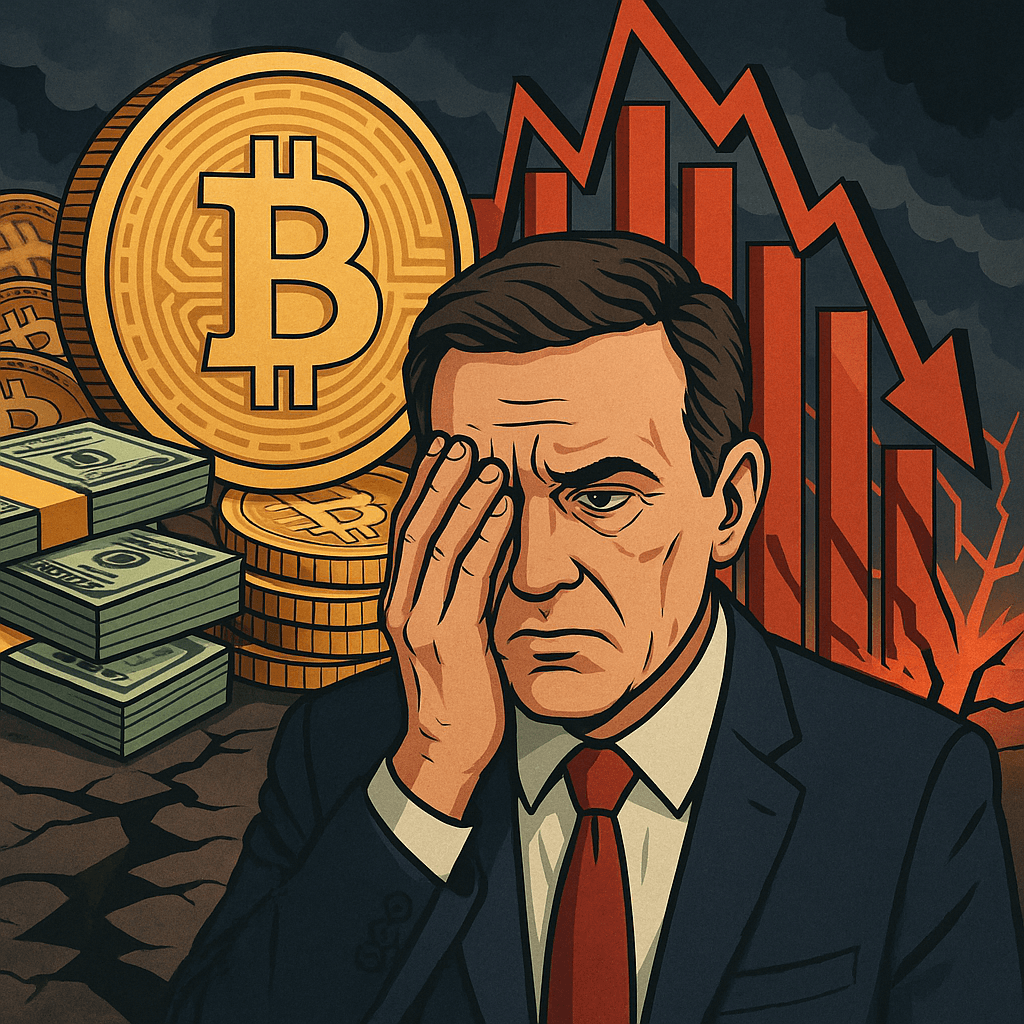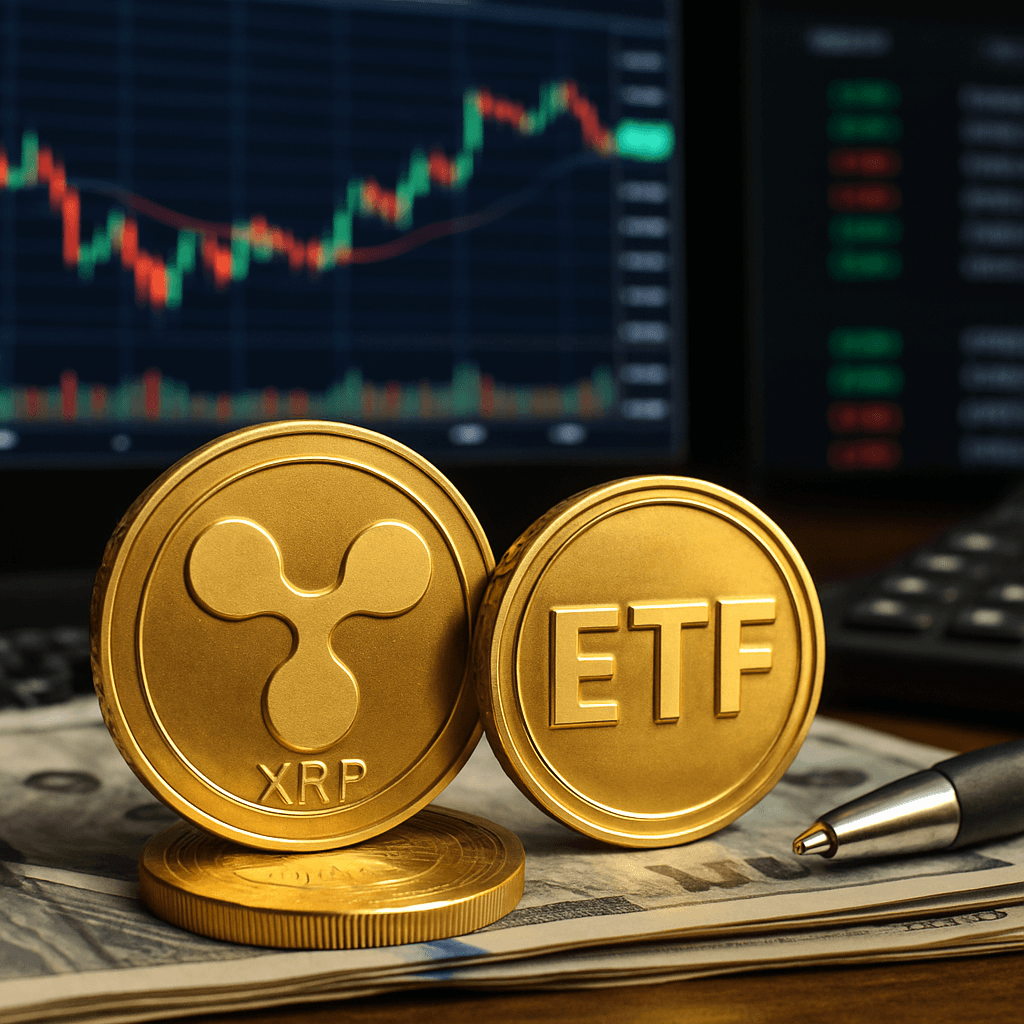As the United States continues to explore establishing a Strategic Bitcoin Reserve, crypto industry experts are raising red flags about potential unintended consequences. Haider Rafique, global managing partner for government and investor relations at crypto exchange OKX, warns that a national Bitcoin strategic reserve may create negative market impacts for both Bitcoin and the US dollar.
The debate intensifies as President Donald Trump announced the Strategic Bitcoin Reserve in March 2025, funded by the US Treasury’s forfeited bitcoin, with the US holding an estimated 198,000 BTC as of August 2025. While proponents view this as a path toward crypto dominance, critics warn of systemic risks that could destabilize global markets.
Government Bitcoin Holdings Create Centralization Risks
The core concern centers on market manipulation potential when governments hold substantial Bitcoin reserves. Rafique argues that any government holding significant portions of the BTC supply could manipulate prices by dumping holdings onto the market, disrupting Bitcoin’s core proposition as neutral, decentralized money.
Historical precedent supports these concerns. The German government demonstrated this risk in 2024 when it unloaded 50,000 BTC, keeping prices suppressed below the $60,000 level. Such large-scale liquidations can create cascading effects throughout the cryptocurrency ecosystem.
Political uncertainty adds another layer of complexity. “What happens in a few years if a new administration decides this was a bad idea?” Rafique asks, noting that administrative policies can change quickly and large BTC concentrations represent significant liquidation risk.
Dollar Confidence and Macroeconomic Implications
Beyond Bitcoin price volatility, experts warn of broader economic repercussions. Rafique identifies the most significant macroeconomic implication as “a loss of confidence in the dollar,” suggesting that building a Bitcoin reserve signals the US dollar cannot sustain its value on economic strength alone.
This confidence erosion could trigger a domino effect across global markets. Investors might flee the US dollar for safe-haven assets like gold or the Swiss franc, potentially dumping risk-on assets and creating cascade liquidations across financial markets.
Such market turbulence could undermine the dollar’s status as the world’s primary reserve currency, fundamentally altering international trade and monetary policy frameworks that have underpinned global economic stability for decades.
Balancing Innovation with Financial Stability
While Bitcoin advocates champion a Strategic Bitcoin Reserve as the next step toward making Bitcoin the global reserve currency, the warnings from industry insiders highlight the delicate balance between embracing cryptocurrency innovation and maintaining financial stability. The challenge lies in harnessing Bitcoin’s potential benefits while mitigating risks that could destabilize both crypto markets and traditional financial systems.
As the debate continues, policymakers must carefully weigh the strategic advantages of a Bitcoin reserve against the potential for market manipulation, political volatility, and broader macroeconomic disruption that could accompany such a significant shift in monetary policy.




